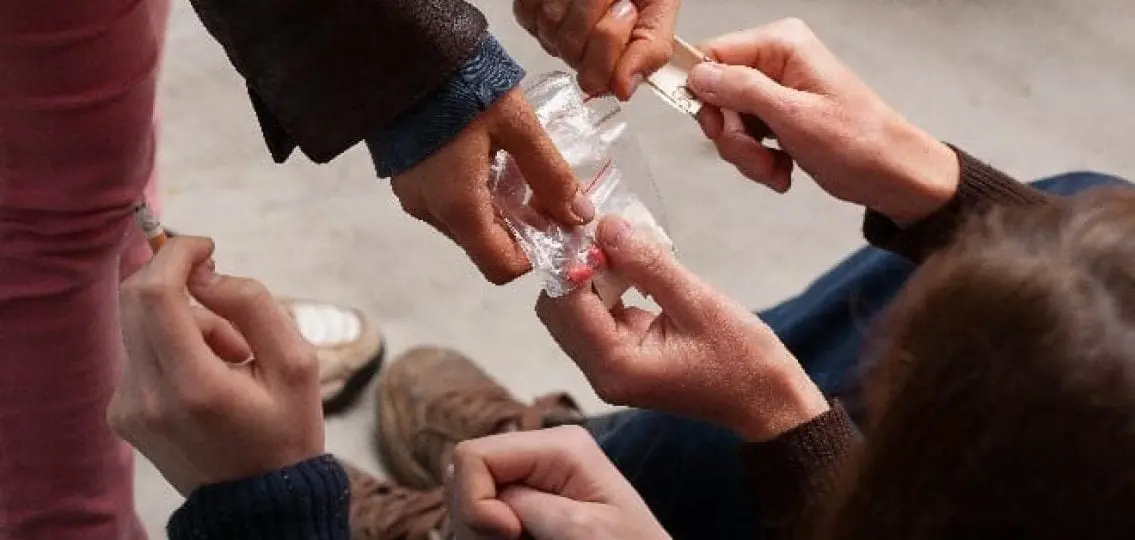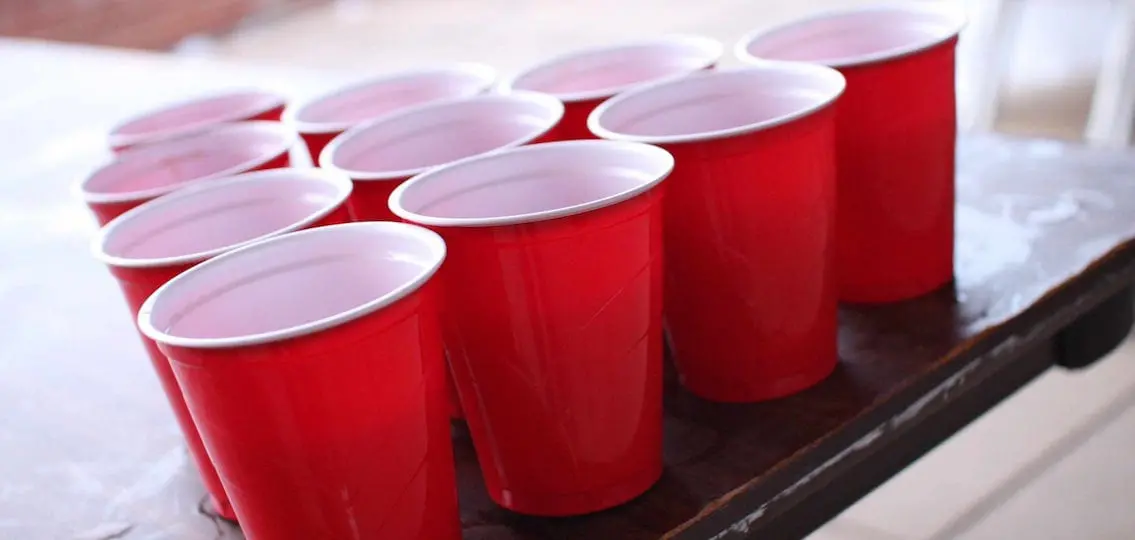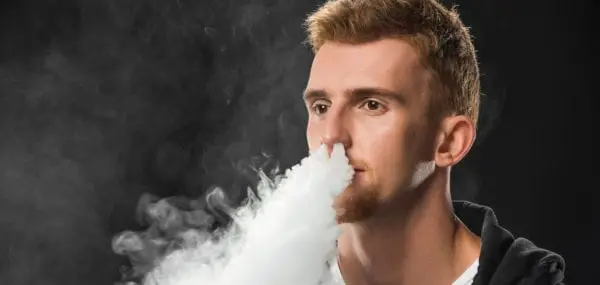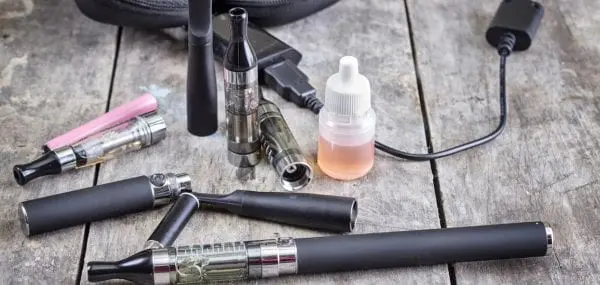Is your teenager experimenting with drugs and alcohol? If you’ve never asked yourself that question, it’s high time to consider it. According to a Project Know, an American Addiction Centers Resource, many parents falsely assume that their children will never use drugs or alcohol. Teens themselves, though, report a different story.

Twenty-eight percent of 10th graders reported using marijuana in the past year and 19 percent of 10th graders reported drinking alcohol in the last 30 days, according to the University of Michigan study, Monitoring the Future. Furthermore, 22 percent of 10th graders reporting vaping in the last 30 days,which is the most significant increase in substance abuse and works directly in opposition to efforts that have been made to dissuade teens from smoking cigarettes.
“The recreational use of substances consistently starts in adolescence, rising about halfway through middle school and peaking around the end of high school,” says Adi Jaffe, Ph.D., co-founder and executive director of Alternatives Addiction Treatment, in Beverly Hills, California. The impulse to try alcohol or take a puff could be considered part of a teen’s hard wiring. The prefrontal cortex, the part of the brain that’s responsible for putting the brakes on risky behavior, isn’t fully developed until the mid-20s. As a result, teens can be easily tempted to try new things without considering the consequences.
Clearly, there is a disconnect between teenagers’ behavior and parents’ awareness. Yet, if you can consider that your child may be using alcohol, marijuana, or other drugs, you can begin to talk about it, provide guidance, and allow your teen to ask questions.
“Like the sex talk, parents need to have specific conversations about drug use,” Jaffe says.
But what should you say? It’s not always so clear, especially if you drank or smoked yourself when you were a teen.
4 Tips for How to Talk to Teens about Drugs:
1. Don’t celebrate substance abuse.
“Don’t glorify your own substance use,” says Jaffe. For example, don’t say something like, “I used to have so much fun drinking back when I was your age.”
2. Discourage experimentation.
Instead, take a prevention approach and aim to discourage experimenting. Times have changed. For one, marijuana is far more concentrated than what you might have smoked in high school. Be straight with your teen and say, “I’d prefer you not use these substances,” says J. Wesley Boyd, M.D., Ph.D., a Harvard Medical School psychiatrist in Boston and author of Almost Addicted.
3. Discuss drug use as a health issue.
To build your case, “present it as a health issue,” Boyd suggest.
In fact, there’s no substance use that’s good for the teen brain or body. Illicit drugs can interfere with normal brain development. Adolescents who smoke marijuana are most likely as adults to develop depression, anxiety, and schizophrenia and to develop memory problems later on.
“Smoking marijuana also increases your child’s risk of cancer. And it can derail their academic drive and vision of the future,” says Ellen Rome, MD, MPH, head of the Center for Adolescent Medicine at Cleveland Clinic Children’s Hospital. “One joint equals the carcinogens of an entire pack of cigarettes.”
4. Explain the consequences.
Meanwhile, research on the early use of alcohol is also grim: taking your first drink before age 14 increases the chance of becoming an alcoholic by up to 50 percent; teen girls who drink are at an increased risk for sexual assault and pregnancy; and, of course, drinking and driving or smoking marijuana and getting behind the wheel are dangerous for everybody.
Throw in the fact that drugs and underage drinking are illegal and “all things considered, teens should not be using these substances,” Dr. Boyd says.
3 Ways to Stay Vigilant:
1. Monitor your teen.
Once you’ve taken a stand, monitor your teen: know who he or she is hanging out with and where.
“It’s okay to be that uncool parent,” Dr. Rome says. “It’s fair game, for example, to call the parents of your child’s friend and ask if they’ll be home when you child is over and to ask them their view on alcohol and drugs.”
If the parents say they’ll just take away everyone’s keys if the kids drink, don’t let your child hang out at that friend’s house. Instead, create safe opportunities on your watch. Engage your teenager and their friends in wholesome activities, such as roller skating or bowling. Just because your teen looks all grown up doesn’t mean they don’t need you.
“Keep supervising your child through high school,” Dr. Rome says.
2. Keep the conversation going.
Also, look for opportunities to keep the conversation going as nonjudgmentally as you can. Before your teen attends a party, for example, ask, “What are you going to do when people start drinking or smoking pot?”
“Discuss it as a problem that needs to be solved,” Dr. Boyd says.
Encourage your teen to call or text you anytime she’s uncomfortable, which could even mean that she’s drunk. Having a code word or phrase to signal, “Things are not okay here,” can help your teen communicate with you unbeknownst to her peers.
“One family I know used the name of the family dog. When their teen girls texted, ‘I’m really worried about Lucky,’ that was the cue to come pick them up,” Dr. Rome says.
3. Act on the signals.
Trying alcohol once or twice or smoking marijuana several times doesn’t necessarily warrant a professional evaluation or sending your child to treatment. But, weekly use of marijuana or alcohol does. So does the single use of opiate pain medication, heroin or methamphetamines because those substances are highly addictive. If you’re getting signals that your teen may have a problem – maybe you smell alcohol on her breath or her grades are dropping – “ask her how frequently she’s using and what the experience is like,” Dr. Boyd says.
If your radar is still on after talking to your teen, ask your pediatrician for a referral to a mental health professional who specializes in adolescent substance abuse. Otherwise, contact an adolescent drug treatment program in your area as quickly as possible.

Kids who are particularly susceptible to drug and alcohol use have low self-esteem and a high need for peer approval. They may also be disconnected at home and at school and have substance-abusing friends or family members. Teens with ADHD or depression or who’ve suffered a significant loss, such as the death of a parent, may also be especially vulnerable to making impulsive decisions or self-medicating with substances.




